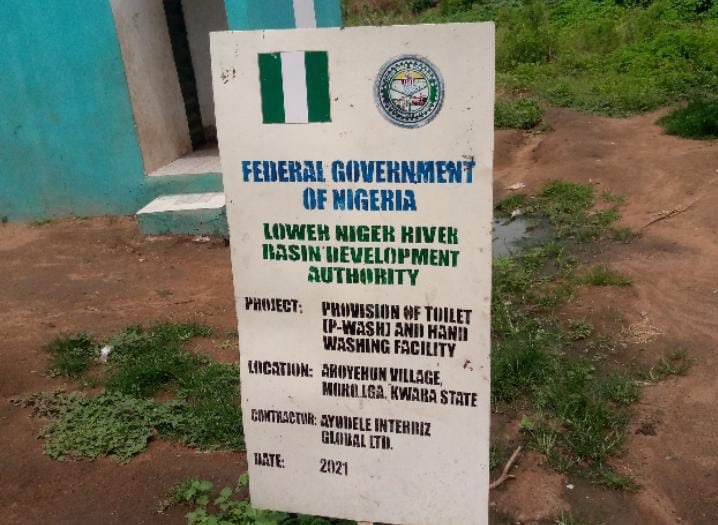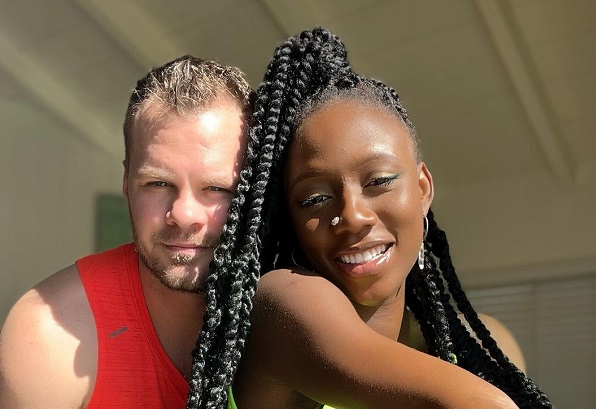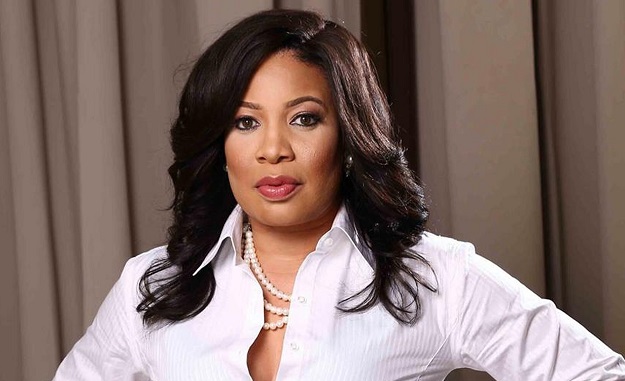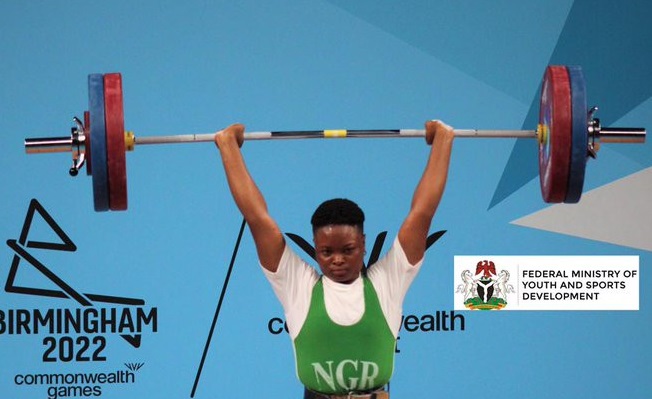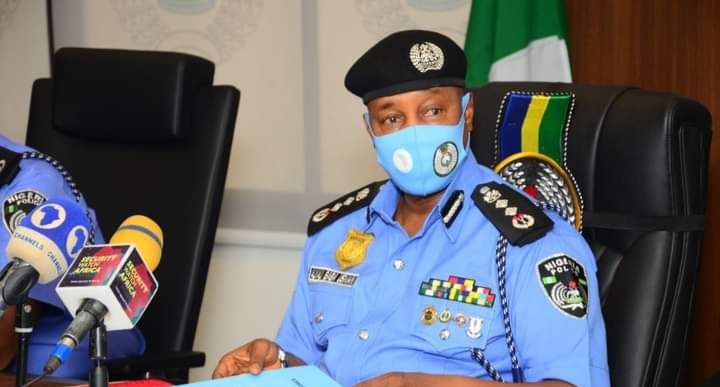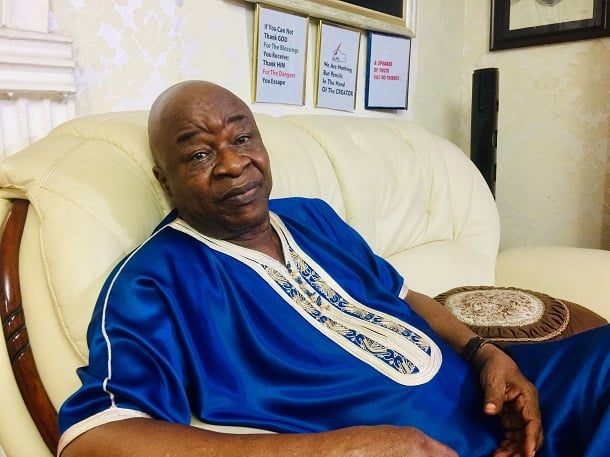BY ABDULGANIYU ABDULRAHMAN AKANBI
But for the recent intervention of a civil society organisation (CSO), for two communities in Kwara, it would have been year after year of competing with animals for access to the available sources of water.
For as long as she could remember, Mulikat Tijani’s community depended on water from a stream for drinking.
“Onigbin river was the only source of water, and we shared it with cows. When the animals were done drinking, we proceeded to take our portion from the same river,” the 32-year-old said.
Advertisement
“The water affected us a lot. Imagine water that cows urinated and excreted inside. The kids stooled and vomited in it most of the time. What we used to do is to take medicines and traditional herbs after drinking the water.”

Mulikat lives in Aroyehun, a rural community in Kwara state. But Onigbin river, the community’s only source of water prior to the recent intervention, is in another community called Adio. To access it, one has to be prepared for a trek that lasts for about one hour.
Like Aroyehun, Banigbe, another remote community in Kwara, had a similar challenge, with community members trekking about 20 minutes to access a stream also used by cows.
Advertisement
WATER SCARCITY
Lack of access to clean water remains a global problem. The World Health Organisation says about two billion people (or one in every four persons) lack access to safely-managed water for drinking and other domestic uses. The situation is worse in rural settlements, where the number is eight in every 10 people, according to a 2021 UNICEF report.
Contaminated water can result in health conditions like typhoid, cholera, diarrhoea, and dysentery. Diarrhoea alone is said to be responsible for the death of over 800,000 people globally every year.
Sub-Saharan Africa has the poorest access rate to safe water, with only 54 percent of people in the region accessing safe drinking water, according to the UNICEF report.
Advertisement
In Nigeria, a 2021 World Bank report states that over 60 million (about 28 percent of the population) lack access to clean water. In 2021 alone, Nigeria recorded 111,662 cholera cases, with 3,604 resulting in deaths.
FACILITATING THE WATER INTERVENTION
The water scarcity situation in Aroyehun changed after the Elite Network for Sustainability Development (ENetSuD), a Kwara-based CSO, launched its citizens enlightenment and mobilisation programme (CEMP) in late 2019. It is an initiative to assess the needs of marginalised communities and provide solutions.
Under the programme, ENetSuD visits rural communities in Kwara, interacts with the people to understand their most pressing needs, and takes photographs and videos which are posted on its official Facebook page, after which donations are requested.
Advertisement
“The reason we take pictures is to inform the public about happenings in rural communities. From there, the people can offer help to these communities,” Olayemi Abdulrazaq, the organisation’s monitoring officer for Moro LGA in Kwara, said.
In June 2021, ENetSuD visited Aroyehun and Banigbe communities for assessment, talked to residents about their water challenge, and took photos of the streams they drank from.
Advertisement
“When we got to these communities for assessment, the residents lamented water scarcity. When they took us to the water they drank, we realised they needed urgent intervention,” Abdulrazaq said.
ENetSuD then promised to provide boreholes for the two communities.
Advertisement
“When they came and said they would provide water for us, we didn’t believe them. We were just looking at them because we were not moved as many people have promised us without fulfilling,” said 35-year-old Khadijat Amoke, a resident of Banigbe community.
However, when the CSO posted the pictures on Facebook, the reaction was prompt.
Advertisement
“It caught the attention of the managing director, Lower Niger River Basin Development Authority, Kwara state. That was how he picked interest and promised to facilitate a borehole for Aroyehun community,” Abdulrazaq said.
After seeing the post on Facebook, Saheed Aremu, the Lower Niger River Basin Development Authority’s director, sent a delegation to ENetSUD, and the two teams visited the communities to confirm the CSO’s report.
A week later, the drilling of a solar-powered borehole began and was completed and commissioned two months after.
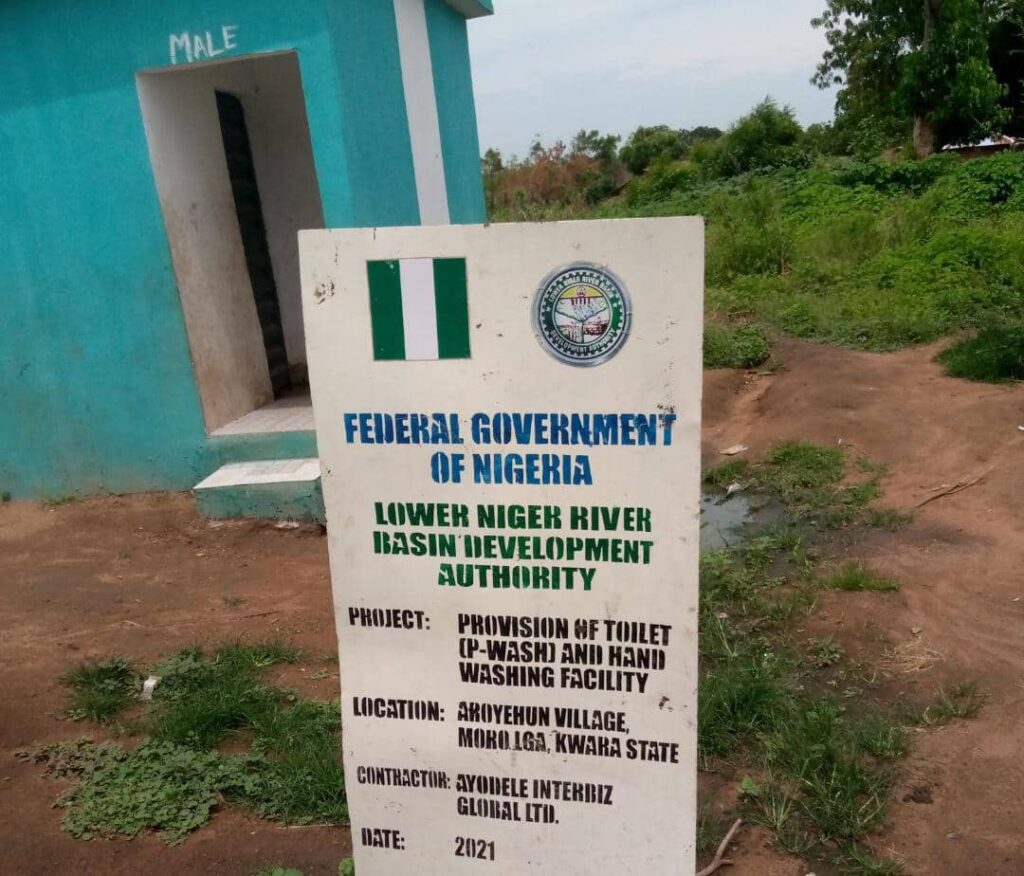
For Banigbe community, Abdulrazaq said “a philanthropist reached out and donated a [hand-pump] borehole in the community”.
Since 2019, using the same approach, the CSO, which has a team of nearly 300 volunteers and staff members, has facilitated the construction of 21 boreholes in rural communities across Kwara.
“Since they brought this borehole, we have stopped drinking coloured water, and we have been enjoying good water. The feeling is different,” Mulikat of Aroyehun community said.

“There are no more complaints of stomach pain, and we are also relieved of stooling and vomiting by our kids,” Ganiyat Abdulakeem, another resident, said.
Abdullateef Alagbonsi, a physiologist and ENetSUD’s founder, said people’s suffering in rural communities inspired him to start the CSO and its CEMP programme to interface between under-served communities and development advocates.
PARTIAL ACCESS
Although members of Aroyehun and Banigbe communities can now access water through the boreholes, that access is partial and rotational.
In Aroyehun, for example, residents said the community has about 15 small villages, with over 400 persons in the area. Initially, people across the villages came to the borehole unrestricted whenever they wanted water. But that resulted in constant uncontrollable crowds, and sometimes quarrels and fights as they struggled for the water.
To solve this, the community decided to rotate access such that if today is the turn of people from one village to fetch, those from other villages are not allowed access.
The implication is that it could take several days for a village to access the borehole, and as such, each village uses its turn to store as much water as possible for the days ahead. For full access to happen, more boreholes need to be sited in the community.
‘I USED TO TREK FOR HOURS TO GET WATER’
Iyabo Ajao, aged 42, a resident of Banigbe, who deals in beske, a local cheese made from soya beans, said her business had resumed in full after the community gained access to water.
“The work I do requires a lot of water. Before this borehole was provided, I trekked for hours without getting enough water for my business. I do business twice a week. But now, I get enough water to process my goods,” she said.

Meanwhile, ENetSuD said it also faces distrust from people across communities who sometimes expect urgent intervention after the assessment visit.
“We keep looking for philanthropists or government agencies that can help the community,” Alagbonsi added.
This story was first published by Prime Progress and produced with the support of Nigeria Health Watch, through the Solutions Journalism Network.
Add a comment
